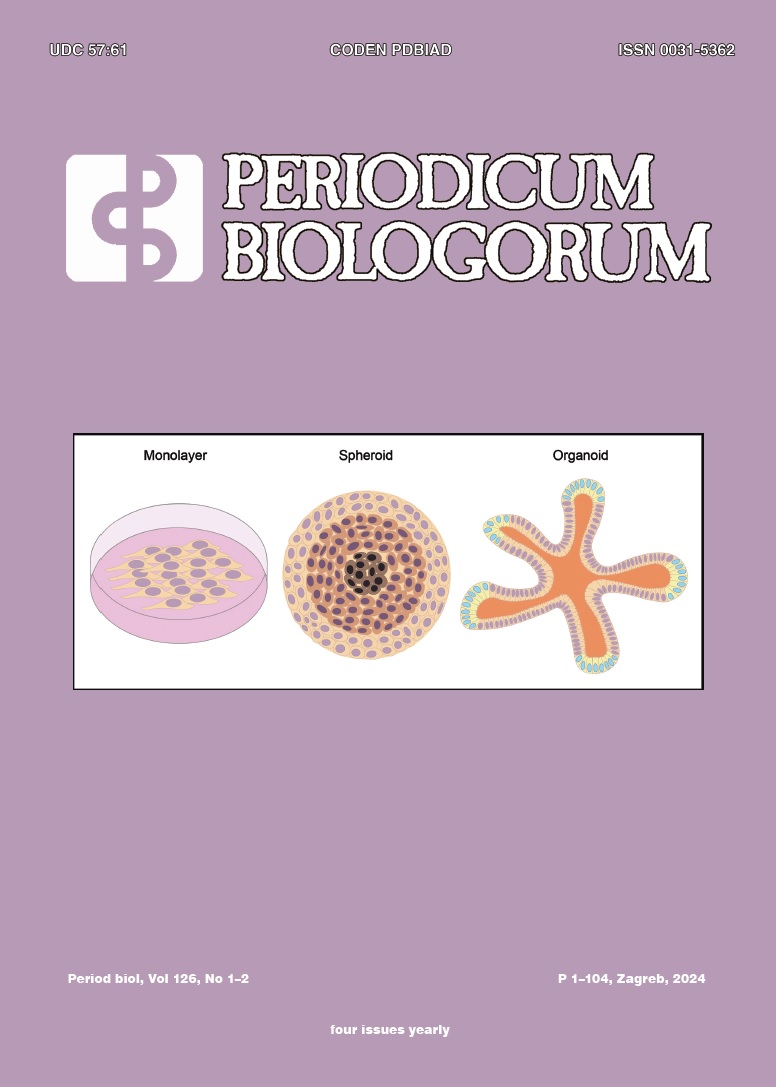A concise review on advancement in molecular targeted therapy for lung cancer
DOI:
https://doi.org/10.18054/pb.v126i1-2.32027Abstract
Lung cancer is one of the leading causes of cancer-related deaths worldwide, with non-small cell lung cancer (NSCLC) accounting for 84% of cases. Traditional treatments like surgery and chemotherapy have limited effectiveness and significant side effects. Despite combination chemotherapy being the preferred first-line therapy, the prognosis for advanced NSCLC remains poor, with a median survival of 8-11 months and a 1-year survival rate of 30%. There is a critical need for new treatments targeting the molecular mechanisms of NSCLC. Precision medicine, or targeted therapy, has emerged as a promising approach, focusing on genetic and epigenetic alterations. This method is more effective for advanced NSCLC. It involves drugs targeting specific genetic abnormalities such as ROS proto-oncogene 1 (ROS1), EGFR (Epidermal growth factor receptor), ALK (Anaplastic lymphoma kinase), BRAF (v-Raf murine sarcoma viral oncogene homolog B1, MET (Mesenchymal epithelial transcription factor), and RET (Rearranged during transfection) mutations, which are vital driver genes for lung cancer development and progression. With up to twenty treatments approved by the FDA, targeted medicines are still being developed, and targeted therapy and chemotherapy have dramatically improved patient outcomes. Despite progress, treating metastatic NSCLC remains challenging due to resistance to genetic changes. This narrative review provides a detailed description of the various classifications of molecular targeted therapeutic approaches employed in lung cancer management and its mechanisms of action in cancer prevention and its advantages and disadvantages.
Downloads
Published
Issue
Section
License
The contents of PERIODICUM BIOLOGORUM may be reproduced without permission provided that credit is given to the journal. It is the author’s responsibility to obtain permission to reproduce illustrations, tables, etc. from other publications.


